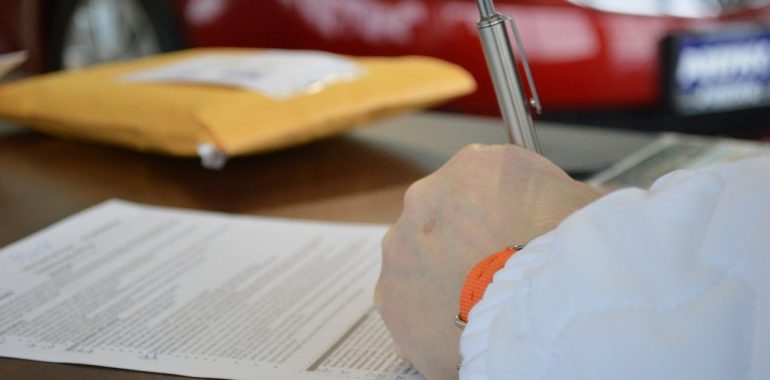A student loan is simply a type of loan specifically designed to assist students pay for college and all the related costs, including books, tuition and other living expenses, and fees. This type of student loan can be used for a variety of purposes, from tuition and college expenses to debt consolidation. Most student loans are federally funded, but private institutions may also offer some or all of these services. The terms of a student loan will depend on who offers it, when it is borrowed, the amount borrowed and how long the loan is for. Here are several types of student loan:
The most familiar type of student loan is the federal loan, which is offered through the Department of Education. Students can borrow money to cover college expenses as long as they meet the specific eligibility requirements, including having a cosigner who is an adult and who is a permanent resident of the United States. A lower interest rate can make the difference between a comfortable college experience and financial distress.
If a student has a bankruptcy on his or her credit report, he or she can still get a federal student loan, provided the applicant does meet certain requirements. To help students in financial trouble, Congress passed legislation called the Higher Education Act. The Act requires universities and colleges to provide financial aid to students who qualify based on need. For example, a student with a bankruptcy cannot apply for a federal loan if his or her parents filed bankruptcy, unless he or she has a cosigner. The Higher Education Act also establishes the Federal Student Aid Board, which is responsible for implementing the provisions of the Act.
Private student loans are offered by lenders such as banks or credit unions, as well as by private companies that do business on the Internet. Because federal loans are backed by the federal government, they tend to be less competitive when it comes to interest rates and repayment terms. One reason is that banks and credit unions typically offer good credit history to applicants, whereas private lenders often rely on personal credit history to determine eligibility. Some private student loan providers, such as Sallie Mae, will work with students to secure a good credit history before applying. If a bank or credit union refuses to work with you because of bad credit history, there are other options.
Students who wish to borrow money under the name of an adult are not subject to the same credit-related hurdles as those who borrow through their parent’s name. If you have good credit, you should not have any problems securing a private student loan. You may also be able to borrow money based on your income. If you work at least part time and are eligible to receive assistance through the Work Ready Study program, you may be able to borrow more money each semester. If your parents belong to another program that may help you borrow money, talk with your school counselor to find out what your options are.
If you have not received federal student loans, there are private student loans available from private lenders. The Federal Direct Loan program offers a federal student loan, which does not require a cosigner, and has reasonable interest rates. The Department of Education offers private student loans that do not require a cosigner, but they carry higher interest rates than the Federal Direct Loan program. If you have federal Direct Loans, contact the Direct Loan Helpdesk for more information on private student loans. For most federal student loans, repayment begins after graduation.
If you have parents that do not have enough income to make student loan payments, there are government programs designed to offer subsidized or unsubsidized student loans to students. You must meet income guidelines in order to qualify. If you qualify for subsidized student loans, you may want to try to borrow money from your parents. The unsubsidized student loans are easier to get, but the repayment terms are not great.
If you are a teacher, you may be able to qualify for teacher forgiveness. The United States Department of Education offers loans to qualified teachers who wish to repay their federal education loans after their employment is terminated. To apply for teacher forgiveness, you must complete a FAFSA (Free Application for Federal Student Aid) that asks about your employment history. Once you complete the application, the government will process your application and determine if you qualify. However, if you are unemployed, you may not be able to qualify for teacher forgiveness.







